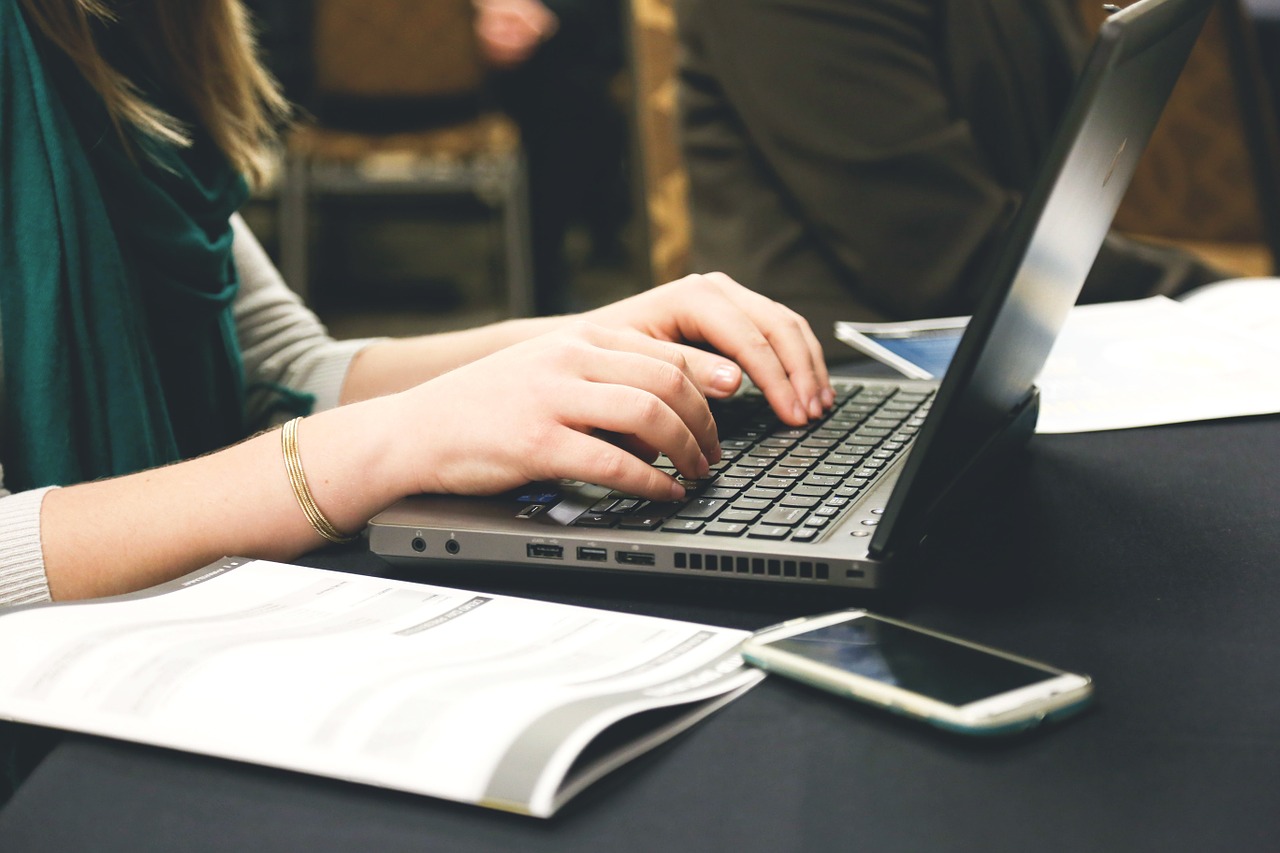With the recent news of the Equifax hack affecting up to 143 million social security numbers, a good amount of us are understandably nervous. This was the worst breach in US history, which has resulted in half of the US population’s social security numbers being compromised. New England Investment and Retirement Group recently published a blog regarding this hack and what you can do to determine if you were affected.
This breach has made Americans take a closer look at identity theft and how we can better protect ourselves and our financial security. If you were affected by the hack, remember that Equifax is offering a free year of credit monitoring. If you have not been using some type of credit monitoring service, we highly urge you to take this step and note that everyone can request a free copy of their credit report from each of the three major reporting agencies annually (Experian, Transunion, and Equifax). If you do not wish to pay you can at least access the information for free. If anything does not look right, or you do not recognize an account immediately, report that information to the agency on whose report the account shows.
Monitor Your Credit, But Don’t Forget Monitoring Your Identity
Remember these reports are just a way to monitor credit; there are also services that monitor identity. These services alert you when there has been a change to your personal information- like your bank account information, SSN, passport or even your medical ID card- that is being used in ways that wouldn’t show up on a credit report. There are identity recovery services that are designed to help you if you have been a victim of identity theft to help fix your good name and finances. They work with counselors,write letters to creditors and can freeze your credit reports. These services typically offer identity theft insurance as well, which covers out-of-pocket expenses that you may incur when trying to reclaim your identity.
Take Preventative Actions at Home
There are other steps that you can take at home to protect yourself. Have a shredder and never throw away bank statements, bills or any document that has personally identifying identification. Keep a safe at home where you keep important documents, like your social security cards and birth certificates. Keep strong passwords, don’t use the same passwords for everything and use a password manager to help remember them. Don’t provide personal data to anyone who’s calling you asking for it; if you think the company is legitimate, request to contact them at a later date so that you can research to make sure they are who they say they are. Lock your cell phone. Have antivirus protection on your phone and computer. Be cautious about what you share on social media.
Lastly, use credit cards to make purchases, particularly online, instead of debit cards. The protections offered and laws are different, and when using a credit card you are not using your money if you are hacked- it is the credit card company’s job to reclaim their funds. Unfortunately, we now live in a world where hacking is prevalent and widespread. Only you can protect your identity, and there are several actions you can take to help reduce the risks.





